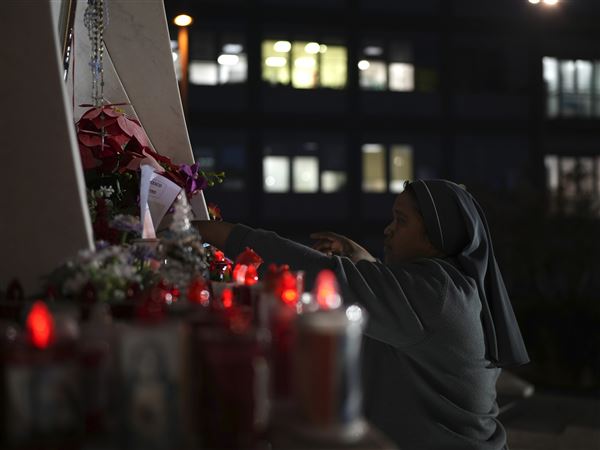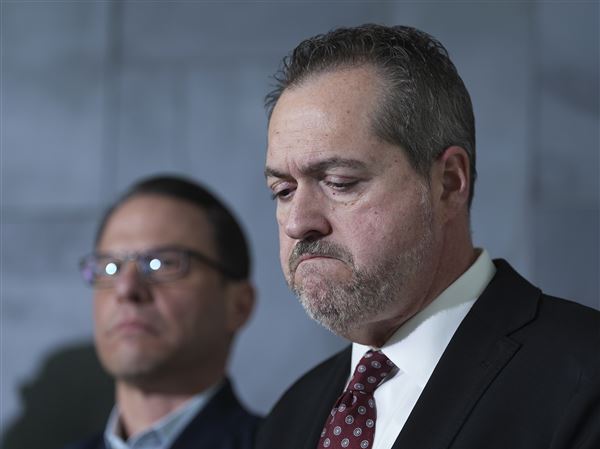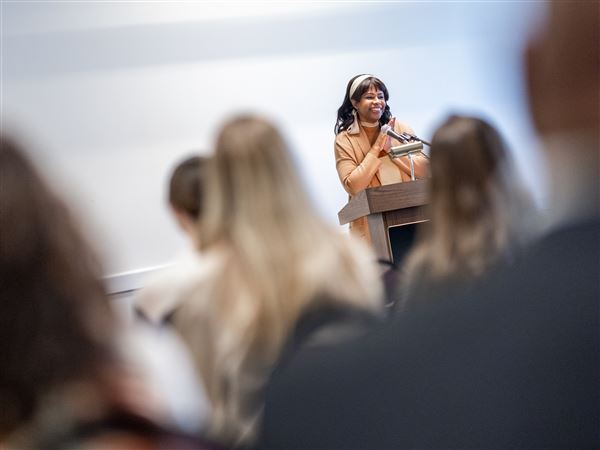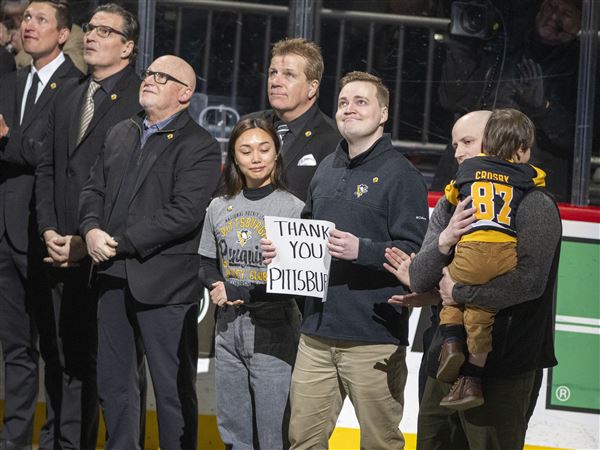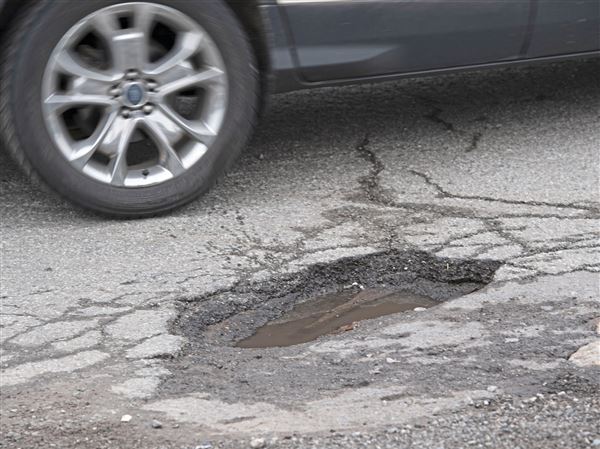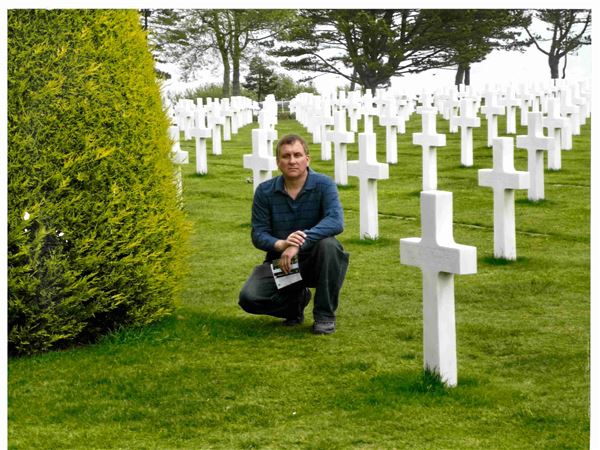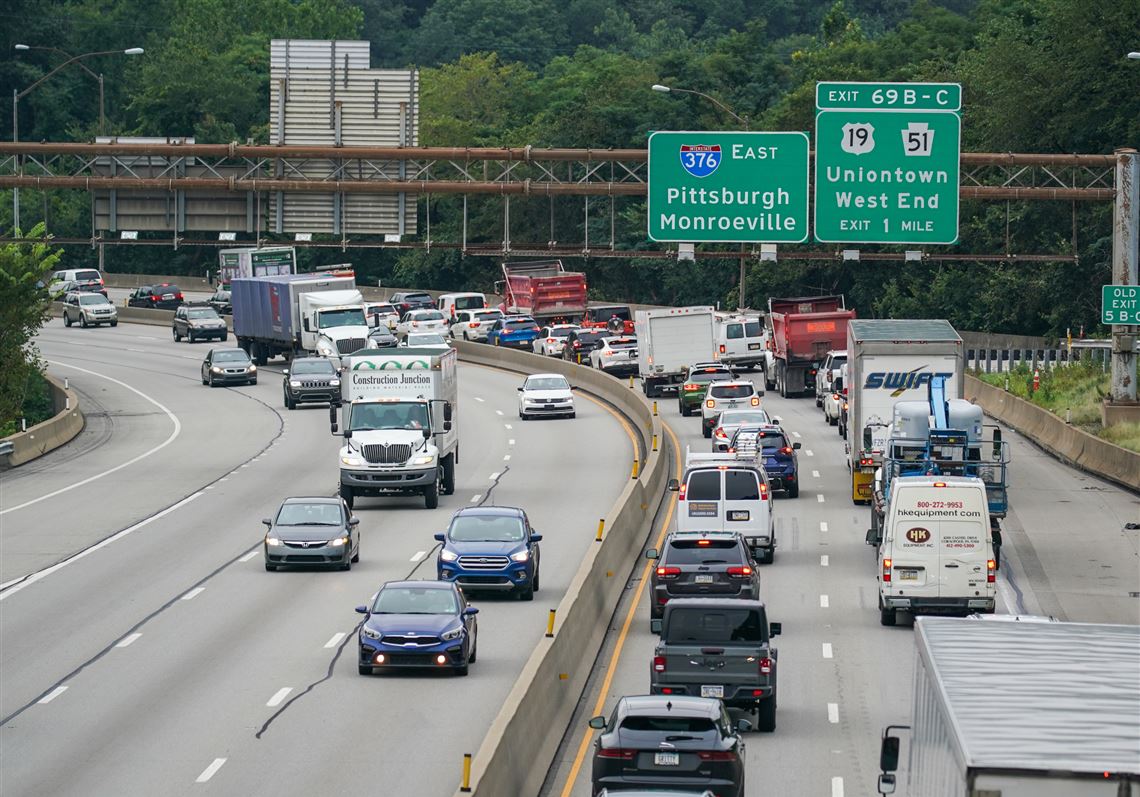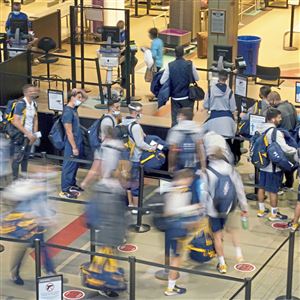Southwestern Pennsylvania will be ready when federal infrastructure money becomes available next year, but residents should temper their expectations of how far the money can go.
That’s the message that Vincent Valdes, president and CEO of the Southwestern Pennsylvania Commission, and Allegheny County Executive Rich Fitzgerald, the commission chairman, delivered during a luncheon Wednesday at the Pittsburgh Technology Council. The commission sets transportation priorities for the 10-county region.
Mr. Valdes and Mr. Fitzgerald said the projected $500 million that will be available over the next five years for transportation projects will be extremely helpful. They expect it to be dispersed over the 10-county area in an equitable manner to benefit the people that need help the most.
But because of the cost, the money won’t be used for projects such as light rail service to bypass the Squirrel Hill Tunnel or carry passengers to Pittsburgh International Airport, they said. Instead, residents should expect extensions of the Martin Luther King Jr. East Busway from Rankin to East Pittsburgh and Monroeville and the West Busway to the airport area.
“(The money) is welcome. It is important,” Mr. Valdes said in an interview after the luncheon. “It is not a lottery win.”
Federal officials are in the process of writing regulations for the new spending programs. Money could become available in yet first quarter next year.
Mr. Valdes said the region already has mechanisms in place to evaluate and recommend which projects should move forward. The key will be deciding which projects will benefit people who need the most help.
“We have to be really agile about allocating the money,” Mr. Valdes said. “Obviously, there are pent-up needs here. It’s not like we will have trouble finding projects.”
Mr. Fitzgerald stressed that officials have to take a wide view of needs. Improving connections to the Hazelwood Green site is important, he said, but so is allowing residents in places like Donora and Monessen to benefit from that development through better transportation.
Mr. Valdes pointed out that in addition to the $500 million, there will be competitive funds available for additional projects. Those funds will be awarded largely based on equity and how they address community problems.
“We have to determine what is going to address the most problems the best way,” Mr. Valdes said. “That is the winning gambit.”
Ed Blazina: eblazina@post-gazette.com, 412-263-1470 or on Twitter @EdBlazina.
First Published: December 15, 2021, 7:35 p.m.
Updated: December 16, 2021, 12:04 p.m.
